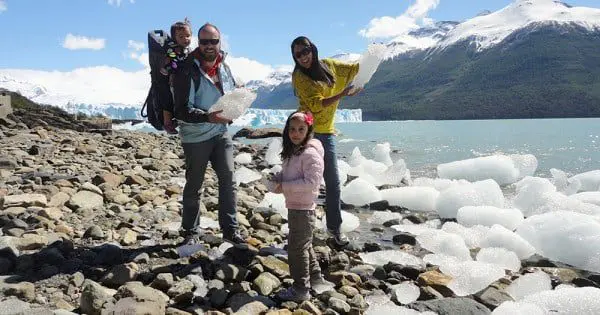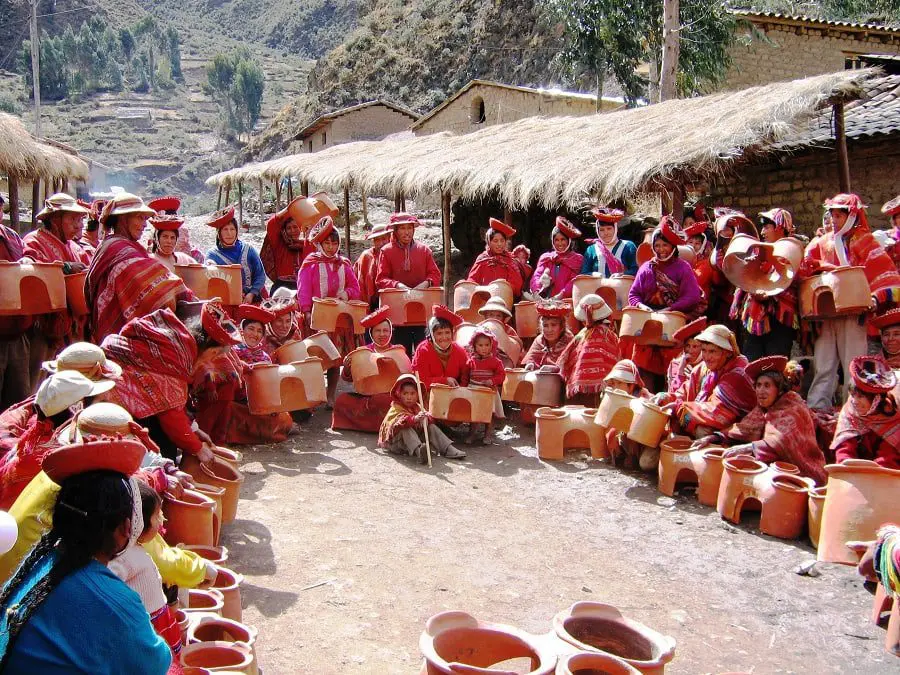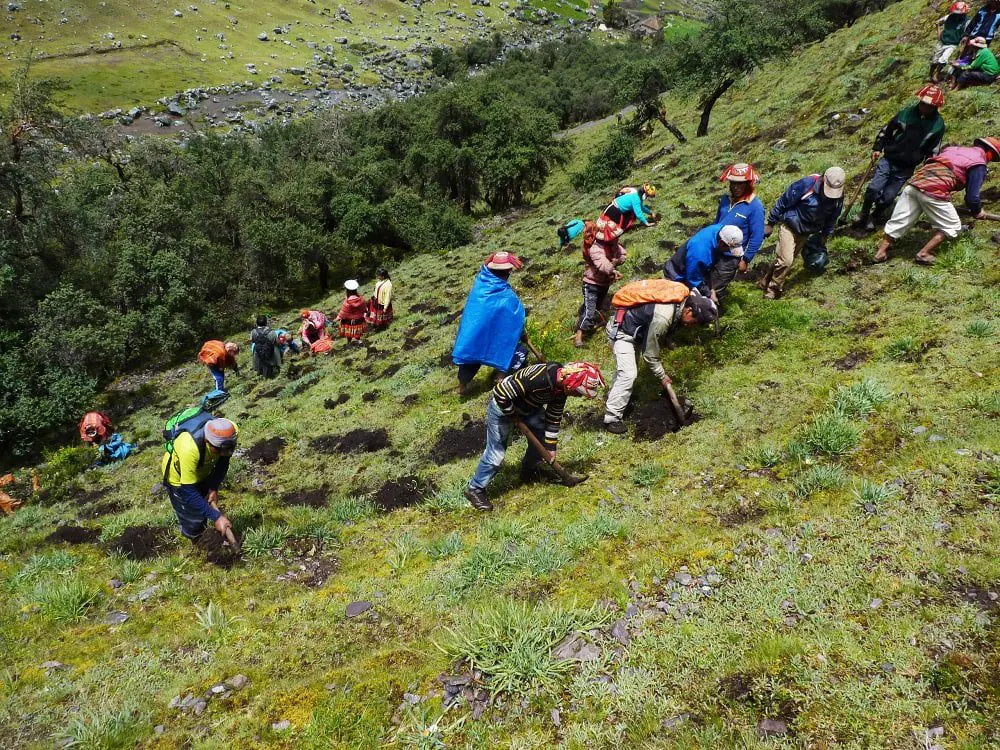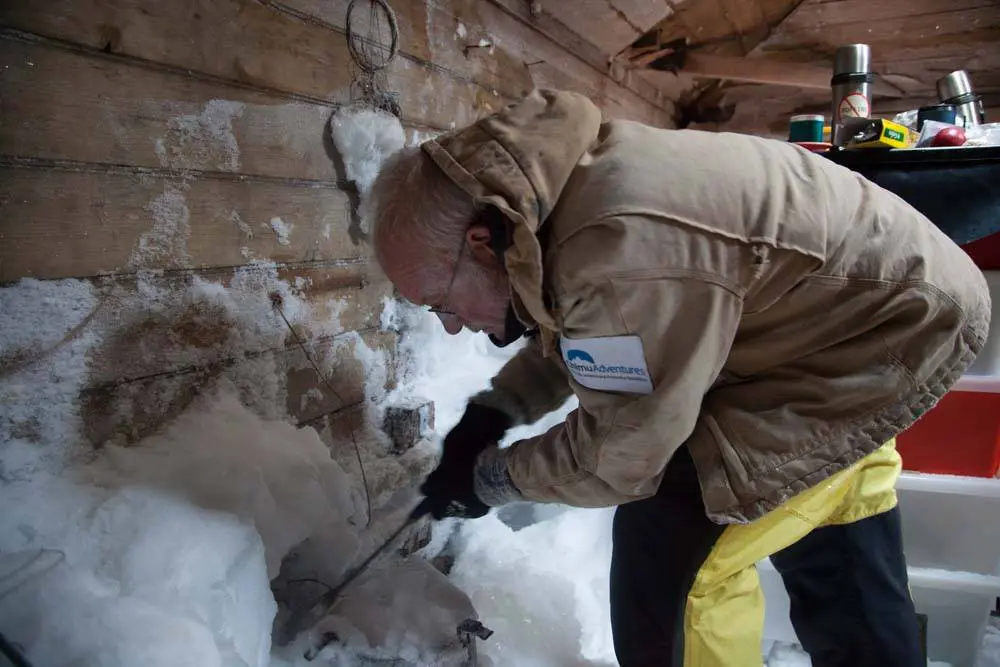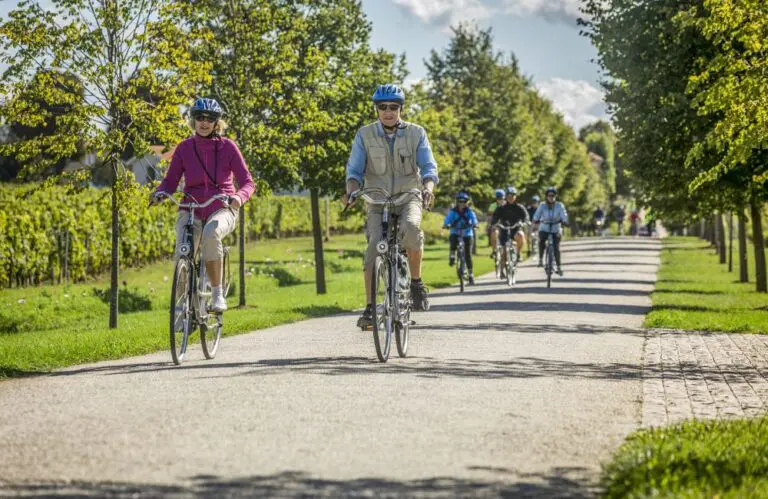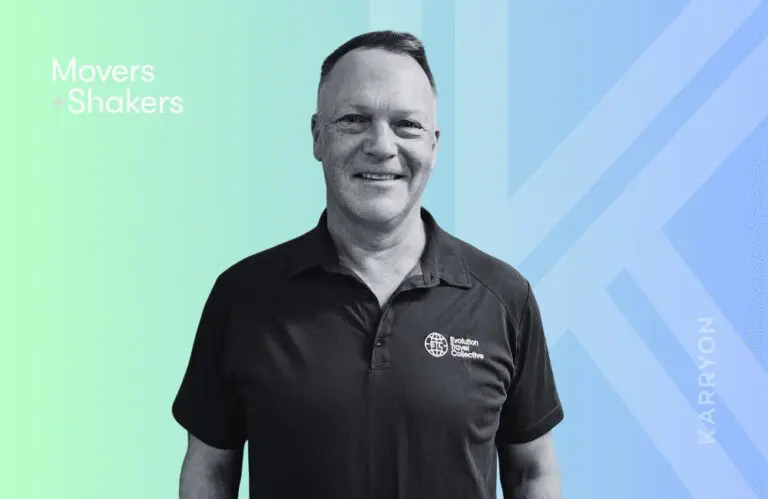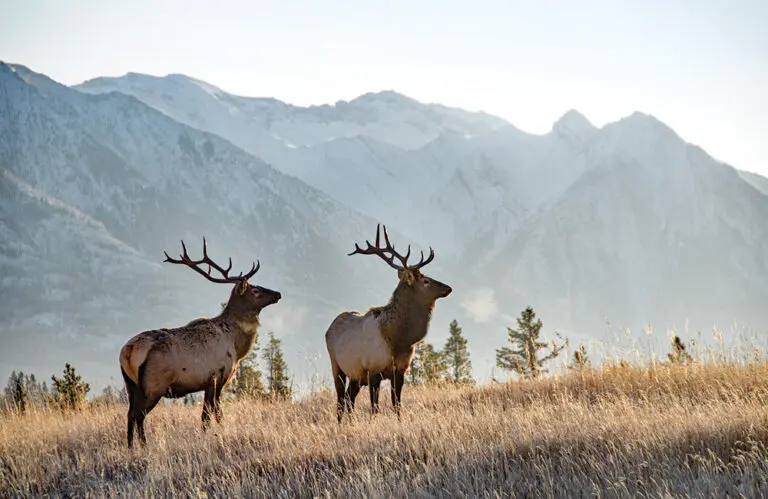With sustainable tourism fast climbing the travel and tourism agenda, we’re discussing the topic with travel industry leaders and change makers and asking them how they think we can #Traveltochangetheworld.
In our latest ‘Travel to change the world’ interview, Greg Carter of Chimu Adventures shares his thoughts and ideas on how we can all do our bit to sustain the industry and leave a legacy of goodness.
What was it that inspired you to join the travel industry?
I’ve always had a passion for travel but the first time I set foot in Latin America (in Lima, surrounded by hundreds of people screaming at me to get in their taxis), I fell in love with the place.
Since that first trip I’ve managed to squeeze in visits to Mexico, Costa Rica, Panama, Dominican Republic, El Salvador, Colombia, Ecuador, Peru, Bolivia, Chile, several expeditions to Antarctica, Argentina, Uruguay and Brazil. And I keep going back for more, searching high and low for those special gems, ensuring we offer the best options and have new things to tell our customers about.
Being able to share this passion and create journeys of a lifetime for our customers is what Chimu is all about. We want you to love Latin America and Antarctica as much as we do so we work hard to make sure that happens.
What concerns you about the industry today in terms of its long-term viability?
While the last two years have certainly been challenging due to unease and uncertainty happening internationally, we are also seeing a huge amount of opportunity.
People might feel more worried about the future but in times like these, they start seeing the bigger picture and appreciate the freedom and choices they have.
Often it’s the challenging times that bring out the good in people who might now, more than ever before, feel an increasingly strong desire to make the world a better place.
It’s this mindset that will make them change their perspective, ultimately increasing their openness to sustainable travel.
Do you think travel can change the world? How?
Absolutely – change happens when people open their perspective.
I think every single person that has travelled to Latin America with us will agree that they came back as a different person.
Travel is about being immersed in a country with a completely different culture and values. It’s about being a traveller rather than a tourist.
And from our perspective it’s about much more than that.
But in order to be able to give back to the destinations we operate in, we first need to understand the needs of those countries.
At Chimu, we have witnessed first-hand many areas of need, from ecological sensitivities to poverty and homelessness.
We carry caring travellers on our journeys – it’s not hard to feel a connection to a destination after you have either had a trip of a lifetime or spent a lot of time in the area.
Are you seeing positive change happening in the industry that you really admire? Give us an example
One thing we have noticed is that travellers are becoming increasingly aware of what sustainability actually means. A couple of years ago, they would have just labelled it ‘green tourism’ but they now understand there is so much more breadth to what it represents.
We’ve seen a huge increase in travellers wanting to be actively involved in making a difference. They want to be in direct contact with those they are making a difference to – this could be by learning about Peruvian handicrafts from local artisans, meeting indigenous communities or visiting a Monkey Jungle Reserve in Brazil.
What projects is your company undertaking in this space?
Education at Mision Mexico from Misión México on Vimeo.
Since 2010, we have handed out over $250,000 in donations and micro financing to various charities and local communities. These initiatives have been all-encompassing, from simple projects such as loaning money to a local in Peru to help her buy a sewing machine, to operating charter voyages to Antarctica while foregoing a substantial portion of the profits to benefit not-for-profit organisations such as the Mawson’s Huts Foundation.
We run a lot of initiatives as part of our MAD Project. Some of the not-for-profit organisations we constantly support include “Mision Mexico” (see above video), “Project Peru”, a small, lively charity offering food, clothes, shelter, education and fun to those who live in a children’s refuge in the desert shanty towns of Lima as well as “Ecoan” which pours all of its efforts into conservation in the Andes, the “Mawson’s Huts Foundation” that helps to conserve Australia’s Antarctic Heritage… and that’s just a snapshot!
What do you think is the biggest challenge the industry faces in terms of the issue of ‘sustaining’ itself
Transparency. Sustainable travel has become a trend and unfortunately, there are companies out there who take advantage of this.
Travellers, who in most cases only have the best of intentions, can fall into the trap of booking a sustainable travel experience simply because it is marketed right – or simply because it has the word ‘sustainable’ in it – but that doesn’t mean that the it really keeps up to its promise.
That’s why I think it’s our industry’s job to educate the public and provide guidance on what clients have to pay attention to when looking into sustainable travel.



